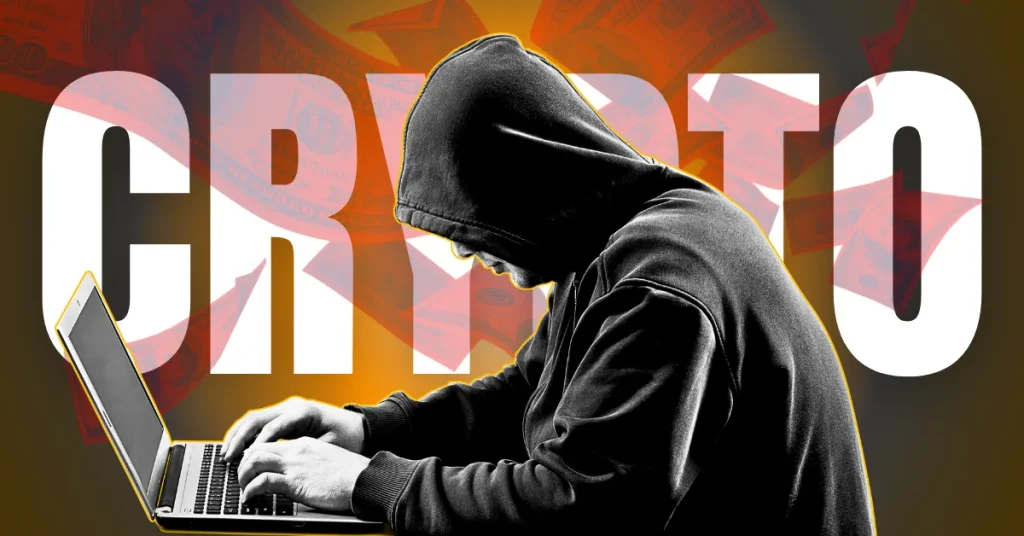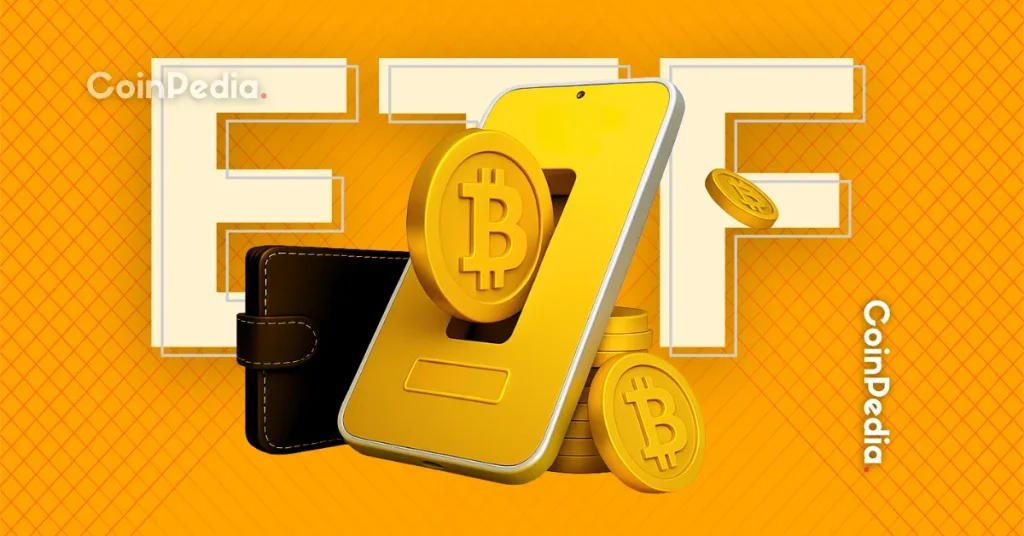
The US Securities and Exchange Commission (SEC) has filed charges against three former FTX executives, including Sam Bankman-Freed, but that doesn’t mean the SEC’s investigation is over. Reuters recently reported that the SEC has asked several financial firms that have made significant investments in FTX to provide information about the due diligence process they undertook before investing.
Venture capital (VC) investment in and of itself does not indicate fraud, but the sheer volume of VC assets invested in FTX raises multiple questions.
Specifically, the SEC has focused on the details of what policies and procedures the VC firms had in place when deciding to invest in FTX, and whether they followed them sufficiently.
Ignore the red flags and ride the FTX Boom
Investors who have invested more than $2 billion in total, resulting in unrecoverable funds, include NEA, IVP, Third Point Ventures, and Tiger Global. (Tiger Global), Insight Partners, Sequoia Capital, Softbank, Lightspeed Venture Partners, Temasek Holdings, BlackRock, etc. , which includes a number of well-known investment giants.
It also includes the Ontario Teachers’ Pension Fund, Canada’s largest pension fund with $250 billion in assets under management. The fund will write off the entire $95 million investment in FTX.
Using a metaverse accounting firm, no board of directors, a dubious home base, trading with high leverage from the beginning, compared to many other “red flags” organizations A lot of money was flowing in. I wonder why?
Each of the VC funds that invested in FTX says it has conducted due diligence. Temasek Holdings, for example, said it spent eight months on due diligence and found nothing suspicious.
A very popular investment destination
I’m not in a position to say anything after the fact that VCs jumped on the FTX bandwagon, but I can’t deny that serious questions have been raised by the SEC and others.
Was the fund acting responsibly on behalf of those who invested in it when it poured money into FTX as part of its fiduciary duty? Why did none of the FTX investors realize that something was wrong? Is it all down to VC groupthink?
While we await answers to these due diligence questions, there is also the issue of surveillance. Were these investors watching how their money was spent on FTX?
When it comes to FTX, but also Terraform Labs, Celsius Network, BlockFi, Genesis, and others, safeguards and surveillance have failed.
While we expect regulators to protect investors from fraud and improper asset management, investors should expect fund managers to exercise due diligence on their investments as part of their trustee obligations. We expect you to do your diligence and make risk-reward decisions.
This delicate balance of oversight, trust and accountability failed. Because FTX was a hot investment destination.
VC groupthink
It’s not the first time that venture capital and private equity money has thrown its guard down and poured its all-belief into a hot object. Remember the dotcom bubble?
Investors seemingly forgot about that, lured by the cool young man who wore wrinkled shorts, never made his bed, and lived in a penthouse in the Bahamas.
The list of Sam Bankman-Fried’s frauds just keeps getting longer, but his biggest fraud, if you ask me, was extorting a lot of money from the global VC market. He gave VCs a reason to go wild, and many of them followed suit without question.
What is the future of VC investment?
To avoid repeating the failures of VC groupthink, the SEC will prevent private funds from being immune to simple negligence, according to Politico, a political media outlet, to encourage investors to invest more in funds. We are working on formulating rules that can be easily appealed.
It is hoped that this will lead to stricter accountability and, as a result, greater due diligence and oversight by fund managers. However, this issue has implications beyond direct investors, and often affects institutional investors, pension funds, and others.
So the problem is not that simple.
I strongly believe that VC funds and fund managers have a great responsibility to investors and should do their best to make investment decisions based on sufficient due diligence and policies. also predicts that the investigation will not yield much from a regulatory perspective.
Some VC fund managers may have just invested in FTX, blindly following Sequoia Capital’s lead, but due to a single event and the actions of relatively few VC funds, regulatory changes would be extremely difficult to justify.
Investors are rarely promised specific due diligence procedures or requirements related to corporate governance. Investors understand that VC investments are high risk. If you are unsatisfied with the fund’s performance, you can indicate your intention not to invest in future fundraising.
In addition, investors can already sue for gross negligence, including reckless and intentional acts. But extending liability to simple negligence allows investors to sue virtually every time a deal goes wrong.
That would add an unmanageable amount of risk and cost to the VC business, which would be passed on to investors. Moreover, most investors would never use such rights. A reputation for being overly litigious would prevent him from participating in future deals.
Take risks, but not recklessly
VCs need to hold themselves accountable for their actions. Participating in the VC ecosystem is inherently risky.
VCs invest in early-stage companies, but such investments should be well-researched and informed. Additionally, VCs need mature people who can ensure that if they decide to invest in a startup, the investment is smart and being used for the right reasons.
There is no scenario where a VC fund can guarantee unicorn growth or moderately positive returns, and that’s okay. Anyone not satisfied with such odds should not be in the VC market.
Just like the stock market, there are always winners and losers. Instead of laying the groundwork for lawsuits, let’s hold fraudsters accountable and allow responsible VC funds to continue investing in innovation.
Mr. Tal Elyashiv: Co-Founder and Managing Partner of SPiCE VC.
|Translation and editing: Akiko Yamaguchi, Takayuki Masuda
|Image: Shutterstock
|Original: Why Venture Capitalists Won’t Be Held Accountable for Investing in FTX
The post What is the responsibility of VCs who invested in FTX?[Column]| coindesk JAPAN | Coindesk Japan appeared first on Our Bitcoin News.

 2 years ago
113
2 years ago
113














 English (US) ·
English (US) ·